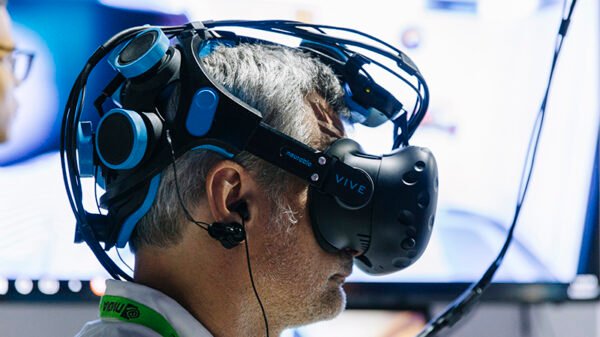New Tools Against Sepsis
Sepsis is a mysterious condition that can have severe health complications. It occurs when the body’s response to infection triggers an inflammatory response throughout the entire body. This can lead to organ dysfunction, tissue damage, and even death. Recognizing the urgent need for effective treatment options, researchers are constantly working on developing new tools to fight sepsis.
Early Detection and Diagnosis
One of the key challenges in treating sepsis is its early detection and diagnosis. The symptoms of sepsis can be vague and nonspecific, making it difficult to identify the condition in its early stages. However, researchers are now focusing on developing innovative diagnostic tools that can detect sepsis at its earliest onset.
One such tool is the use of biomarkers. Biomarkers are substances in the body that can indicate the presence of a particular disease or condition. By analyzing specific biomarkers in the blood, researchers can identify the early signs of sepsis and initiate prompt treatment. This can significantly improve patient outcomes and reduce the risk of complications.
Additionally, advancements in technology have paved the way for the development of rapid diagnostic tests for sepsis. These tests can provide results within minutes, allowing healthcare professionals to quickly diagnose sepsis and initiate appropriate treatment. This is crucial in preventing the progression of the condition and improving patient survival rates.
Targeted Therapies
Another area of focus in sepsis research is the development of targeted therapies. Traditional treatments for sepsis involve broad-spectrum antibiotics and supportive care. While these treatments are effective to some extent, they are not tailored to the specific needs of each patient.
Researchers are now exploring the use of precision medicine in sepsis treatment. Precision medicine involves analyzing an individual’s genetic makeup, lifestyle factors, and other relevant data to develop personalized treatment plans. By understanding the unique characteristics of each patient, researchers can identify specific targets for therapy and administer treatments that are more likely to be effective.
Furthermore, immunotherapy is emerging as a promising approach in sepsis treatment. Immunotherapy involves modulating the immune response to prevent excessive inflammation and organ damage. By targeting specific components of the immune system, researchers aim to restore balance and improve patient outcomes. This innovative approach has shown promising results in preclinical studies and is now being evaluated in clinical trials.
Prevention Strategies
While early detection and targeted therapies are crucial in the fight against sepsis, prevention strategies play an equally important role. Researchers are actively working on developing tools and interventions to prevent sepsis from occurring in the first place.
Vaccination is one of the most effective preventive measures against infectious diseases, including those that can lead to sepsis. Researchers are continuously developing new vaccines to protect against common pathogens that cause sepsis, such as Streptococcus pneumoniae and Haemophilus influenzae. Vaccination not only reduces the risk of infection but also helps in reducing the burden of sepsis on healthcare systems.
In addition to vaccination, researchers are also focusing on improving infection control practices in healthcare settings. This includes promoting hand hygiene, implementing antimicrobial stewardship programs, and ensuring proper sterilization of medical equipment. These measures can significantly reduce the risk of healthcare-associated infections, which are a major contributor to sepsis cases.
Conclusion
Sepsis is a complex and life-threatening condition that requires urgent attention. Researchers are continuously striving to develop new tools to fight sepsis, from early detection and diagnosis methods to targeted therapies and prevention strategies. By harnessing the power of technology, precision medicine, and innovative approaches, we can hope to improve patient outcomes and reduce the global burden of sepsis.




































